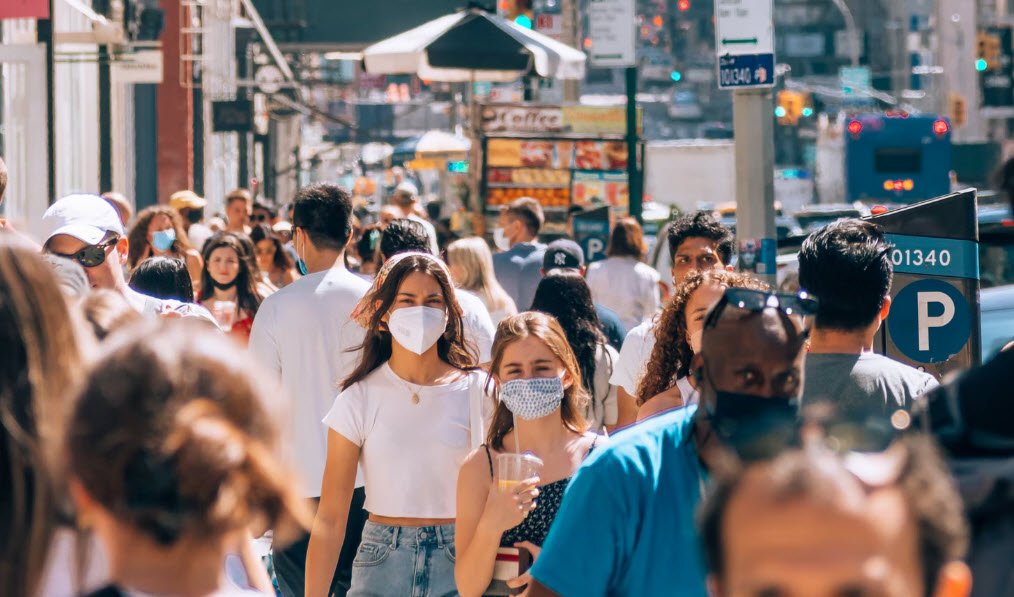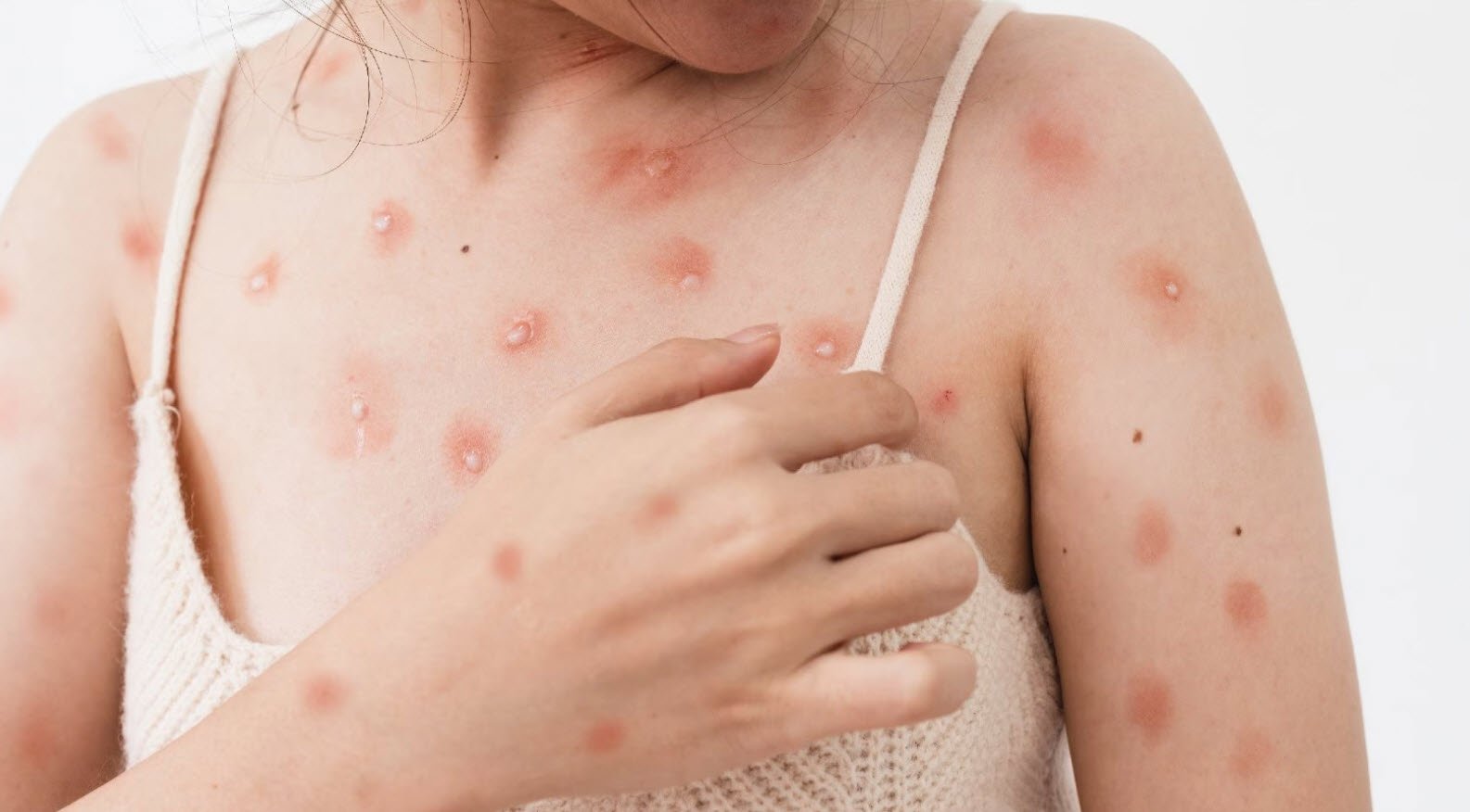
The new coronavirus epidemic, (COVID-19), was unknown to the scientific community just a year ago. This earth-shaking outbreak that began in the Central city of Wuhan has sickened more than 20k people across the globe and killed many lives, most of them in China and the numbers are still on the rise.
Whenever a crisis of great extent hits like Covid-19, getting stressed, sad, feared, and worried are normal feelings to have. But anything more than that can cause severe stress that can lead to depression and anxiety.
According to study, the common symptoms of Covid-19 are:
- Fever – around 98%
- Fatigue – around 70%
- Dry Cough – around 60%
- Breath Shortness – around 10%
In some patients, these symptoms take the shape of pneumonia along with chest pain and chest tightness and shortness of breath, particularly in the elderly and those who have chronic health issues.
Some pre-existing conditions can put patients at high risk of death and exhibiting severe symptoms such as cardiovascular, diabetes, chronic respiratory disease and hypertension.
So far, different types of human coronavirus have been identified. It is so typical among humans that many people will get affected by at least one kind of coronavirus in their life span.
The bigger the news, the more misconceptions it gets. The same is the case with COVID-19 Coronavirus.
Let’s have a look at those news to have a better understanding of the new coronavirus.
1: Hand Dryers Can Kill Coronavirus
No! They cannot kill coronavirus. To keep yourself protected from COVID-2019, you need to wash your hands more frequently with soap and water or with an alcohol-based hand rub. Once cleaned, dry your hands with a paper towel or warm hand dryer as you would normally.
2: UV Disinfectant Can Kill Coronavirus
No! In fact, UV lights should not be used for disinfecting your hands as it can damage or irritate the skin.
3: Thermal Scanners Can Detect COVID-2019 Patients
No! A thermal scanner can detect people suffering from fever due to infection, though it is ineffective in detecting people suffering from COVID-2019 without the temperature as it may take 2 to 10 days, i.e., incubation period, for the symptoms to develop.
4: Rubbing Alcohol or chlorine all over the body can kill Coronavirus
No! You cannot kill coronavirus that has already been entered into your body by spraying or rubbing alcohol or chlorine all over your body. Moreover, using these chemicals can be harmful to your skin or cloths. They are only used for disinfecting the surfaces from the possible viruses.
5: It is not safe to receive a letter or parcel from China
No! Receiving a letter or package from China is entirely secure. As from the previous research, it has been observed that coronaviruses do not survive long on objects like letters or parcels.
6: Pets Can Spread Coronavirus
No! There is no evidence so far if the pet animals like cats and dogs can get infected with COVID-2019. Nevertheless, it is a good practice to clean your hands after touching your pets. By doing so, you can protect yourself from various bacteria such as E. coli and Salmonella that can get easily transmitted from animals to humans.
7: Pneumonia vaccination can protect against COVID-2019
No! Pneumonia vaccines cannot protect you from the COVID-2019. That is because the virus is novel and different and needs a new vaccine. However, many research teams have been working day and night to develop an effective vaccine against COVID-2019.
8: Eating Garlic Can Protect You from Getting COVID-2019
No! No evidence from the current epidemic shows that eating garlic can protect people from COVID-2019. However, garlic is healthy food due to its microbial properties.
9: Rinsing the Nose with Saline Water regularly Can Protect People From COVID-2019 Infection
No! There is evidence to support this myth. In fact, rinsing nose regularly with saline solution has not been proven effective in protecting oneself from various respiratory infections.
10: Sesame Oil Can Block COVID-2019 From Getting into The Body
No! It does not kill the new coronavirus. Some disinfectants can kill the COVID-2019 on the surfaces such as chlorine-based and alcohol-based disinfectants. However, they have no impact on the coronavirus if applied on the skin or below your nose. Moreover, it can be hazardous to put these substances on your skin.
Basic Guidelines to Protect Yourself From COVID-2019
You can save yourself and your family by taking proper precautionary measures. Most patients get mild symptoms and recover soon, but for others, symptoms can be severe, which can cause death. So, you should take proper care of yourself and your closed ones by following the below-stated safety measures.
1. Wash Your Hands Properly
Thoroughly and frequently wash your hands with soap and water, and later, for more protection, with an alcohol-based hand sanitizer to kill viruses that could be present on your hands.
2. Maintain Social Distancing
Keep yourself at a distance from the person who is sneezing or/and coughing of at least 1 meter (3 feet) to avoid getting infected by the liquid droplets that have been sprayed from the nose or mouth of the infected person during coughing or sneezing.
3. Follow Respirational Hygiene
Ensure that you, and people around you, practice proper respiratory hygiene by covering your mouth and nose with sleeve or tissue paper while sneezing and coughing and later disposing of the used tissue. It is crucial because the droplet from your nasal cavity can spread viruses. By following good respiratory hygiene, you can protect your loved ones from getting infected.
4. Avoid touching Hands and Face
Our hands touch many places that could have viruses. As a result, our hands can get contaminated easily and can transfer viruses to our eyes, mouth, and nasal cavities; hence, make you sick. Therefore, avoid touching your hands, eyes, and mouth.
5. Stay Updated with Trusted News
National and local authorities would have the latest updates about how to protect yourself from COVID-2019. Always stay updated and informed about these latest developments.
6. Seek Medical Assistance
If you have been suffering from fever, difficulty in breathing along with coughing, immediately seek medical help or call in advance, and follow the instructions given by local health care providers. By doing so, you can not only protect yourself but can also help prevent the spread of viruses and other infections to your loved ones.



This Post Has 2 Comments